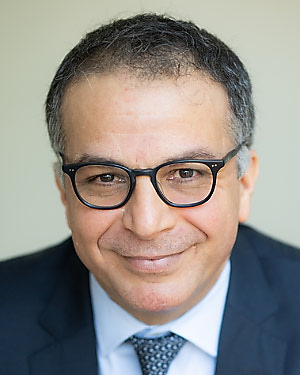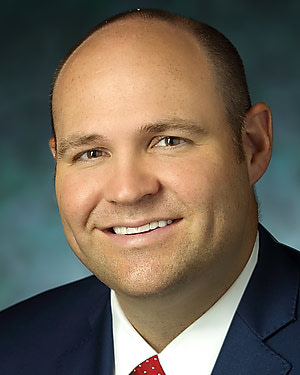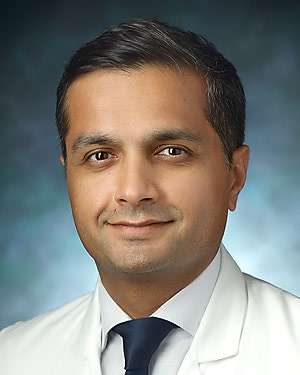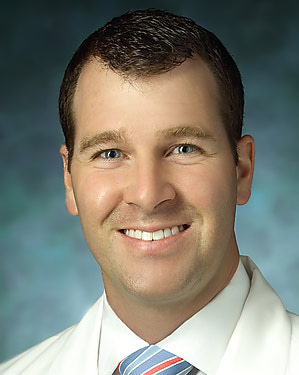Orthopaedics at Suburban Hospital

Suburban Hospital Orthopaedic Care offers a comprehensive continuum of orthopaedic, spine and rehabilitation services designed to return our patients to normal function as quickly and safely as possible.
Our clinical team enlists a leading-edge approach to the prevention, assessment, treatment and rehabilitation of musculoskeletal injuries. We work with each patient and their primary care physician to develop a treatment plan specifically designed for that patient. By combining extensive clinical expertise with a compassionate, caring treatment philosophy, we have created a program known for its outstanding quality of care.
For a referral to a physician affiliated with Suburban Hospital Orthopaedic Care, please call 1-855-JHM-3939, or see our orthopaedic specialists.
Orthopaedic Care Services
-
The Joint Replacement Center at Suburban Hospital in Bethesda, MD, offers state-of-the-art facilities and a caring team of surgeons with years of expertise in hip and knee replacement. We understand that having your hip or knee replaced is a big decision. Our experts are with you every step of the way, from helping you weigh your options to getting you back to the lifestyle you enjoy.
-
The Suburban Hospital Orthopaedic Care specialists use a variety of assessment and treatment tools, including the latest technological advancements, to establish an accurate diagnosis quickly and develop a plan of care that fits the needs of each patient suffering from foot or ankle pain.
It is our practice to exhaust every appropriate treatment option before considering surgery. However, if a surgical procedure becomes the right choice, our team of specialists is well versed in:
- Sports-related injuries of the foot and ankle
- Complex fracture care
- Custom casting and splinting
- Reconstructive surgery related to trauma
- Surgery related to arthritis or deformity
-
This area of the human body is uniquely complex and includes the joints, bones and muscles of the fingers, hand, wrist, arm, elbow and shoulder. Its intricate and mobile design, coupled with the use and abuse sustained each day, can make this region of the body highly susceptible to injury.
Suburban Hospital Orthopaedic Care offers a specialized skill set of evaluation, treatment and rehabilitation. Our staff works together to diagnose and effectively treat the problem to ensure that the recovery process is effective and efficient.
Our surgical team specializes in the treatment of:
- Soft tissue sprains, strains and contusions
- Overuse and traumatic injuries to the upper extremity and hand
- Degenerative and rheumatoid arthritis
- Rotator cuff tears
- Impingement syndromes of the shoulder, elbow and wrist
- Carpal tunnel syndrome
- Instability of the shoulder
- Fractures, dislocations, subluxations
-
Most patients that are seen by a spine surgeon are better treated with nonoperative options rather than with spine surgery. These options include activity modification, physical therapy, anti-inflammatory medications and interventional pain procedures, such as epidural and facet injections.
Patients who are considered for surgical intervention typically have symptoms that persist after nonoperative management and have findings of significant spinal stenosis (narrowing of the space around the spinal cord and nerve roots) or other problems on their magnetic resonance imaging (MRI) scans or other imaging studies. For many, the symptoms interfere with work, family and their ability to be productive and active.
For the right patients with particular findings on their MRI studies, minimally invasive options allow spine surgeons to take care of the problem and get patients back to their activities more rapidly than with conventional surgical procedures.
Common problems that our team of specialists treats include:
- Spinal stenosis
- Herniated discs
- Cervical and lumbar radiculopathy
- Myelopathy
- Spondylolisthesis
- Scoliosis and kyphosis
- Spine trauma (fracture)
- Spine tumors
-
Injuries that occur during or related to athletic competition have become common among today's active population. Our dedication to keeping the athletic community healthy and fit is evidenced by the comprehensive nature of our programming. In addition to providing specialized assessment and treatment for sports-related injuries, our clinical team is also engaged in educating the public about injury prevention and recognition.
-





















